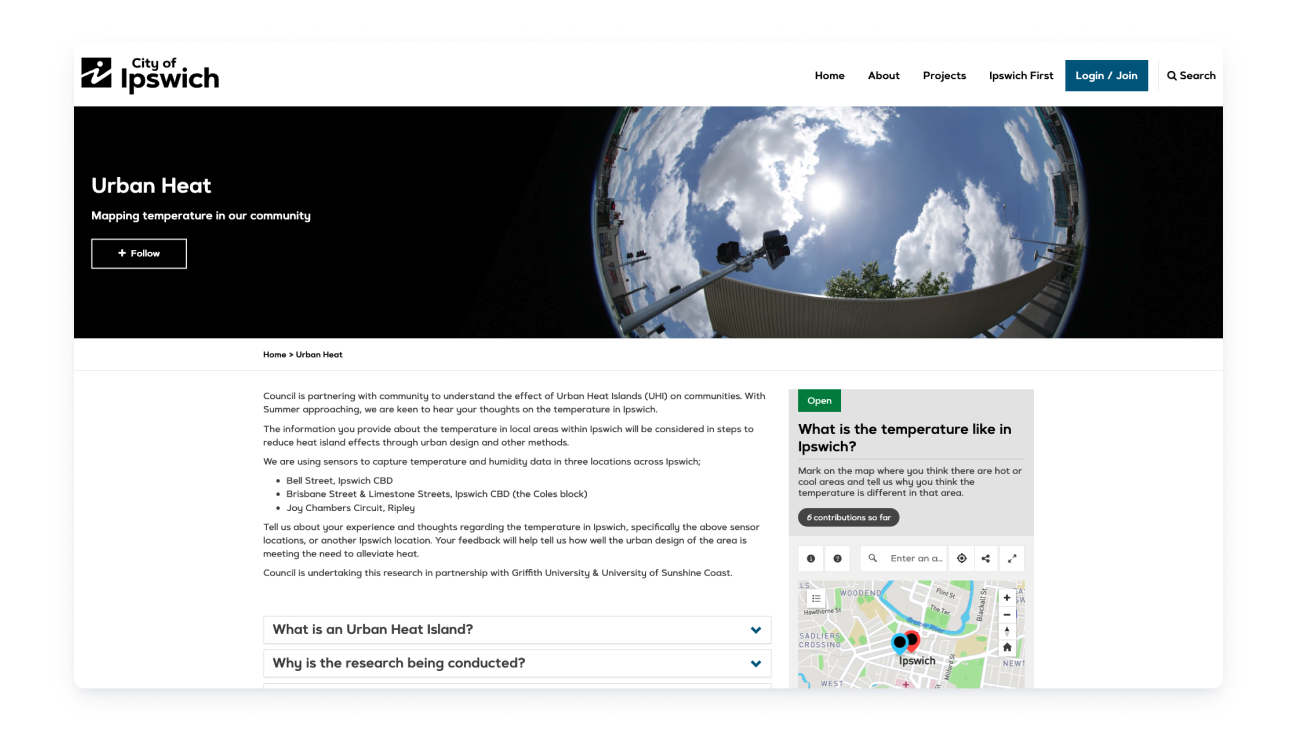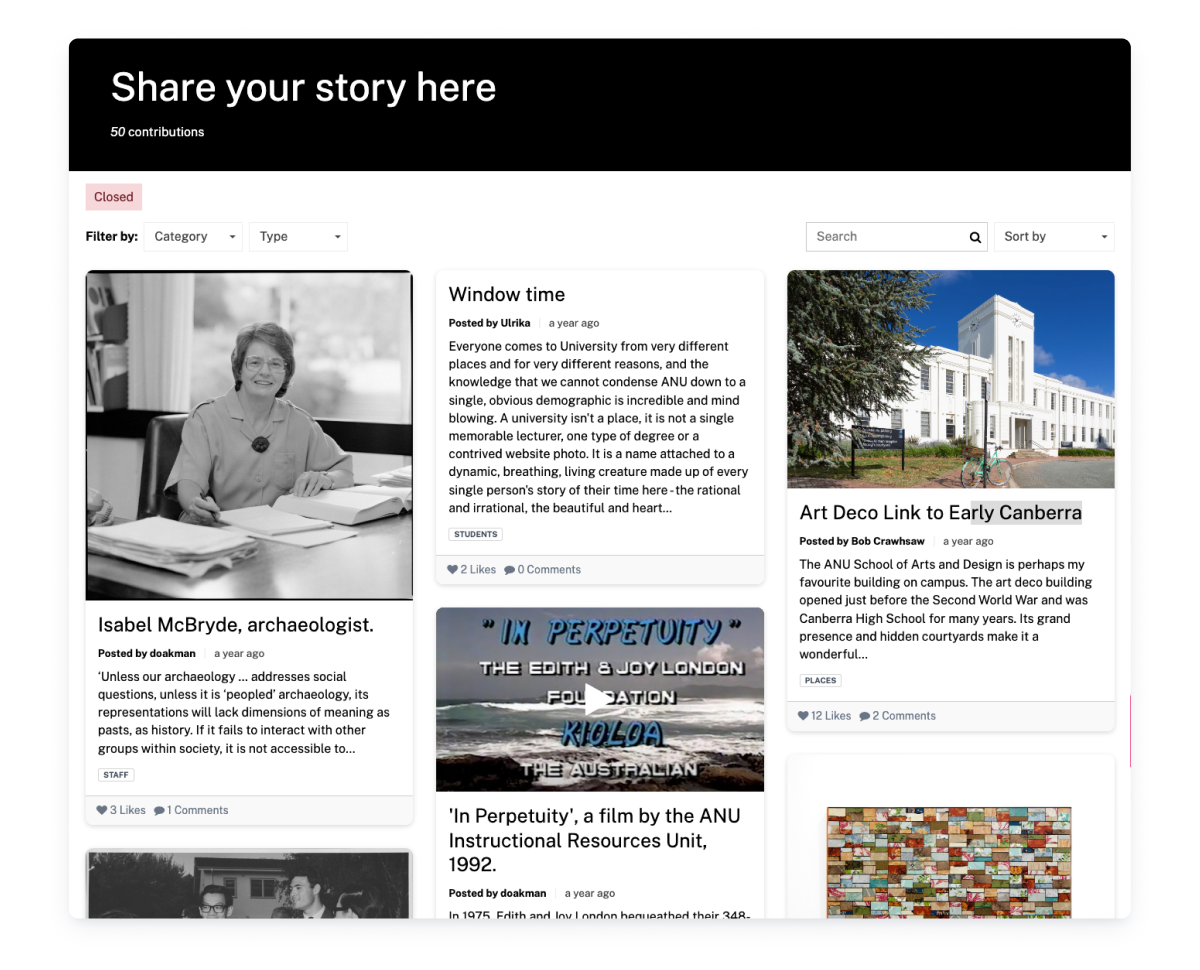Community engagement can have many benefits for universities and colleges. It boosts knowledge sharing, provides opportunities for mutually beneficial partnerships, and creates better learning experiences.
Higher education increases our capacity to solve complex social, economic, and environmental problems. So, it only seems natural that community engagement within universities and colleges can have far-reaching benefits.
According to the Australian Universities Community Engagement Alliance, engaged universities are essential to a healthy economic and social future, because they are a valuable intellectual resource that contributes to national issues and priorities.
“Engaged research, teaching, and learning produce knowledge outcomes and products that are valuable assets for both academia and the public interest. This expands the role of higher education from a passive producer of knowledge to an active participant in collaborative discovery activities that have diverse and immediate benefits to a variety of stakeholders.” – Australian Universities Community Engagement Alliance Position Paper, 2008 – 2010
Community engagement activities within universities and colleges can range from light-touch outreach to deeply transformative long-term engagement. However, consistent and ongoing community engagement can require significant investment. Projects also tend to be long-term commitments that don’t have immediately transparent outcomes. Therefore, competitive research grants, academic requirements, and income generation are often prioritized instead.
For those who may be exploring the costs and benefits of community engagement for universities or colleges, we explore three ways that it can have a positive impact:
- Delivering enhanced learning experiences.
- Creating valuable networks.
- Improving research outcomes.

1. Delivering enhanced learning experiences.
Community engagement can be used by universities or colleges to involve businesses, industries, schools, governments, organizations, indigenous communities, and specific groups in academic research. Designed well, these collaborative projects can address community needs and opportunities, while also enriching learning experiences.
The most successful community collaborations treat external sources of expertise as essential to advancing knowledge. They also address labor market needs, while helping students to become knowledgeable and active citizens.
Partnering with local communities.
Tapping into community knowledge also empowers providers to deliver tangible benefits and better address social issues, such as inequality, public health, and climate change.
For example, Ipswich City Council, Griffith University, and the University of the Sunshine Coast recently partnered with the community to understand the effect of Urban Heat Islands on communities. Community members were invited to participate in a virtual reality experience and share their daily experiences with the temperature in Ipswich so that their feedback could be considered in heat island reduction efforts through urban design.

For the universities, working with Ipswich City Council meant that they could have access to the streets within the local government area and set up heat sensors, while also tapping into the council’s local network to raise awareness of the project.
For Ipswich City Council, the rich quantitative and qualitative data, as well as the expertise provided by the universities could be used to positively influence their urban design and planning efforts.
“Hearing diverse perspectives from community members and working with external agencies, such as Griffith University and the University of the Sunshine Coast, helps council to develop a balanced understanding of important research and local experience, which ensures the community is served better, with well-informed decision-making.” – Ipswich City Council Environment and Sustainability Committee Chairperson Councillor, Russell Milligan.
“Universities are always thriving to collaborate with council as it usually generates authentic and impactful engagement that would benefit the community and city stakeholders. It also demonstrates to students the importance of working with the community.” – SAFA Architect and Griffith Architecture, Design and Planning Researcher, Professor Karine Dupre
Engaged teaching strategies can also enhance student retention, career selection, academic performance, and the development of social and civic responsibility. Collaboration also creates opportunities for practical, accessible, and engaging learning experiences that cater to diverse community members.
Universities and colleges can also use online engagement platforms to engage their community in strategic planning. For example, students, alumni, partners, industry, and community members can be invited to provide their ideas for the direction of future teaching and learning strategies.
2. Creating valuable networks
When universities or colleges engage communities, they create opportunities for people to become co-creators and interpreters of knowledge. Naturally, these efforts can then increase the community’s capacity for innovation, action, and problem-solving.
Sharing the knowledge that exists within universities with a wider array of community members can also improve our social, economic, environmental, and cultural circumstances. Knowledge encourages social cohesion and drives change while raising the overall appetite for higher education and fostering informed debate.

For example, the Australian National University (ANU) recently celebrated its 75th anniversary by collecting and sharing submissions from staff, students, alumni, supporters, and friends on an online community engagement website. Collecting stories about people’s experiences with ANU and storing them in an accessible digital space has helped to preserve the university’s history while celebrating its impact on the community.
This contribution on their digital engagement page, acknowledging the legacy left by Isabel McBryde, a Senior Lecturer from the ANU Department of Prehistory and Anthropology, expresses the need for meaningful university-community relationships.
‘Unless our archaeology … addresses social questions, unless it is ‘peopled’ archaeology, its representations will lack dimensions of meaning as pasts, as history. If it fails to interact with other groups within society, it is not accessible to their poetics, it denies to them aspects of their past.’
Isabel McBryde, 1996.
3. Improving research outcomes
While community engagement isn’t always seen as a revenue-generating activity, it can actually improve research productivity, creating a huge variety of applications to society and commercialization opportunities. By involving external partners and voices in shaping research questions, studies can be designed in ways that recognize community expertise and tap into transdisciplinary skills.
When developing community partnerships between the university or college, intellectual property can be commercialized, business and non-government organizations established or improved, effective interventions and public policies designed, and joint ventures created.
Research projects that involve the community can also become more opportunity and demand-driven while having their value recognized through increased funding. Some universities and colleges use online community engagement platforms to gather and analyze community data, then share the outcomes of the research to invite further participation and funding.
Driving growth by creating additional value for communities.
Community engagement partnerships help universities and colleges to deliver high-quality teaching and research experiences while delivering greater social, environmental, and economic benefits. They can also help a wide variety of people experience the benefits of higher education, entrenching its value into the community psyche.












